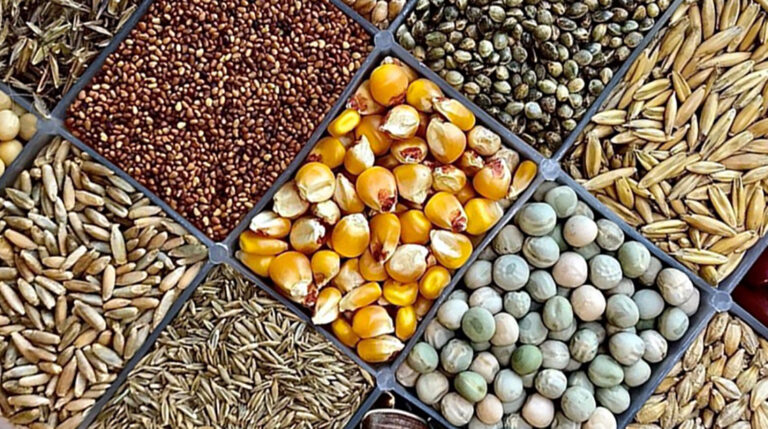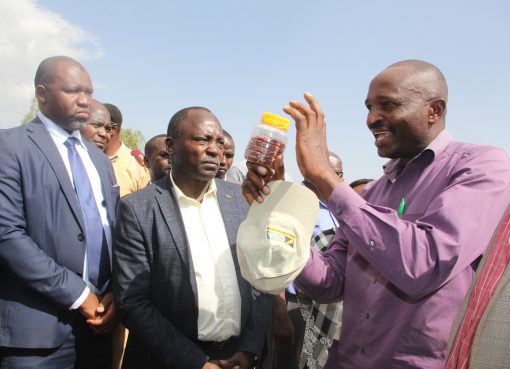Farmers have been urged to report unscrupulous individuals selling counterfeit seeds to unsuspecting members of the public during planting seasons.
The Kenya Plant Health Inspectorate Service (KEPHIS) MD, Prof. Theophilus Mutui, said the government agency had teamed up with the police to eradicate fake seeds, enhance the quality of the seeds, and ultimately boost agricultural productivity in the country.
Speaking during the KEPHIS Board of Management familiarisation tour of Kisumu County, Prof. Mutui said counterfeit seeds have become a huge menace in the country, which called for urgent intervention.
The MD cautioned smallholder farmers in the Nyanza region against the tendency to buy grains from the local markets for planting purposes.
Using the uncertified and unregistered seeds, he added, would translate to low food yields, leading to food insecurity in the country.
“We advise farmers to strictly buy certified seeds from agrovets vetted by KEPHIS. Some seed packaging has KEPHIS labels where you can scratch to find a code that is sent to a certain number to verify if the product is genuine or fake,” Prof. Mutui explained.
The MD assured that the state agency has scaled up its surveillance effort by ensuring KEPHIS inspectors move across the country to inspect the plants as well as the seeds.
He stated that so far, several culprits found dealing with fake seeds have been apprehended and prosecuted in court.
Prof. Mutui noted that KEPHIS is committed to eradicating the illicit trade and pleaded with farmers to flag off suspected cases of fake seeds to completely wipe out the remaining dupers from the market.
“We urge the public to report anyone they find selling fake seeds in the streets to either the nearest police station or KEPHIS offices. We will ensure that the law takes its course on individuals found culpable,” he assured.
The Seed and Plant Varieties Act, Cap. 326 of 2012, stipulates penalties for those arrested over fake seeds, which include a fine of up to Sh1 million and a jail term of up to two years if found guilty.
According to Prof. Mutui, KEPHIS has partnered with the Kenya Agricultural and Livestock Research Organisation (KALRO) and various universities to advance research on developing drought-tolerant seed varieties to address the problem of climate change.
The event was also attended by KEPHIS Board of Management Chairperson Joseph M’eruaki, among other senior officials from the Ministry of Agriculture.
By Robert Ojwang’ and Joseph Ouma





